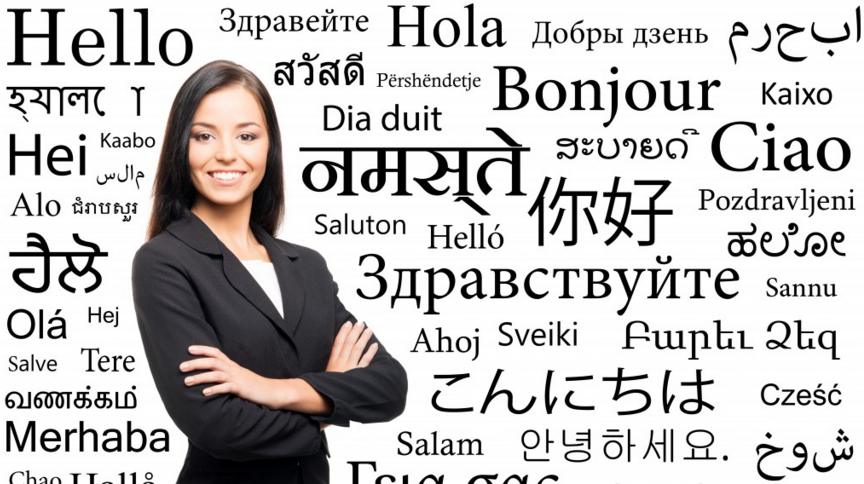Onomatopoeic naming for long has been used to give names to birds. In other words, many birds have received their names on the basis of their imitation of cries. Cuckoo, Owl, and cockatiel are some of the prominent birds that got their name through onomatopoeia. However, there are some bird names where the onomatopoeic naming was not applied. These bird names have a fascinating linguistic history that we are going to explore in this blog.
Albatross
Everyone must be remembering the phrase “albatross around neck” and that is from where the majority of us got to know about albatross. It first found mention in the poem The Rime of the Ancient Mariner by English poet Samuel Taylor Coleridge. The poem has been liked by many, and the phrase has been in use ever since. You might be from that group as well, but did you ever wonder how the bird got its name “albatross?”
The albatross was confused with a frigate bird, alcatras, for both looked similar in appearance. It is believed that first syllable “folk etymological” was modified to classical Latin “albus” meaning white by folk-etymological association. The alteration was because of the evident feather color of the albatross.
Gull
Gulls are not too popular among the masses basically for their share of controversies. Now, controversies are not what we are going to discuss here about gulls. Instead, there’s something more interesting about gulls than their controversies – it is their name.
The seabirds name is believed to be Celtic origin word that’s related to Breton gouelan, French goéland, Irish faoileán, and also Welsh gŵylan, all meaning ‘gull.’
Magpie
Magpie is believed to be one of the most intelligent animals in the world. Though, earlier known as the maggoty-pie or maggot-the-pie, magpie is the short name of the bird that is widely used today.
The word “maggot” or “mag” is an ancient pet-form of the female first name Margery and Margaret. “Pie” is derived from Latin word pica that means ‘magpie’ in itself. The word is also associated with “picus,” a Latin name for the green woodpecker.
Penguin
While etymologists are still debating the origin of the word, there is a strong belief that it is derived from a Welsh phrase “pen gwyn,” which means ‘white head.’ It is presumed that the first discoverers – the British sailors – misidentified the penguins with Great Auks and gave their name to the then unacquainted birds. Probably, the extinct bird Great Auk was the first one to get the name derived from the Welsh phrase as it looked similar to the penguin.
Turkey
Turkey is another birth that got its name because people confused it for another bird. In fact, many believe that the American turkey originates from Turkey – the country. However, the reality is that the bird name is from Mexico. This confusion transpired because Turkey was first mistaken with a native African bird – the Guinea-fowl – which was traded into England via Turkey in the 16th century.
Wrapping Up
These common birds did not receive onomatopoeic naming. Languages and words are absorbing if one studies them. Languages that we all speak change with demographics and so does the nomenclature. In case you happen to travel to foreign cities for a vacation or a business trip, don’t let the language become the barrier; instead, hire a Professional language translator for a smooth trip. Give a call at 888-670-3369 to know more about the language translation service.




